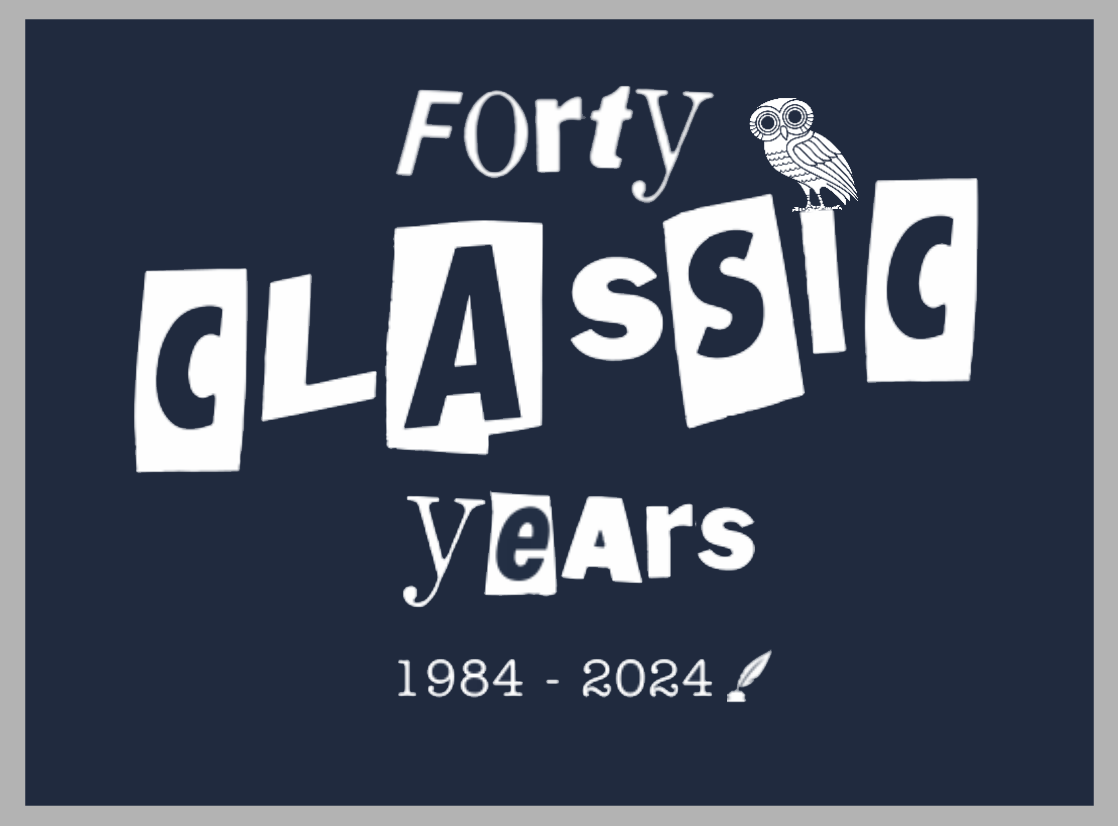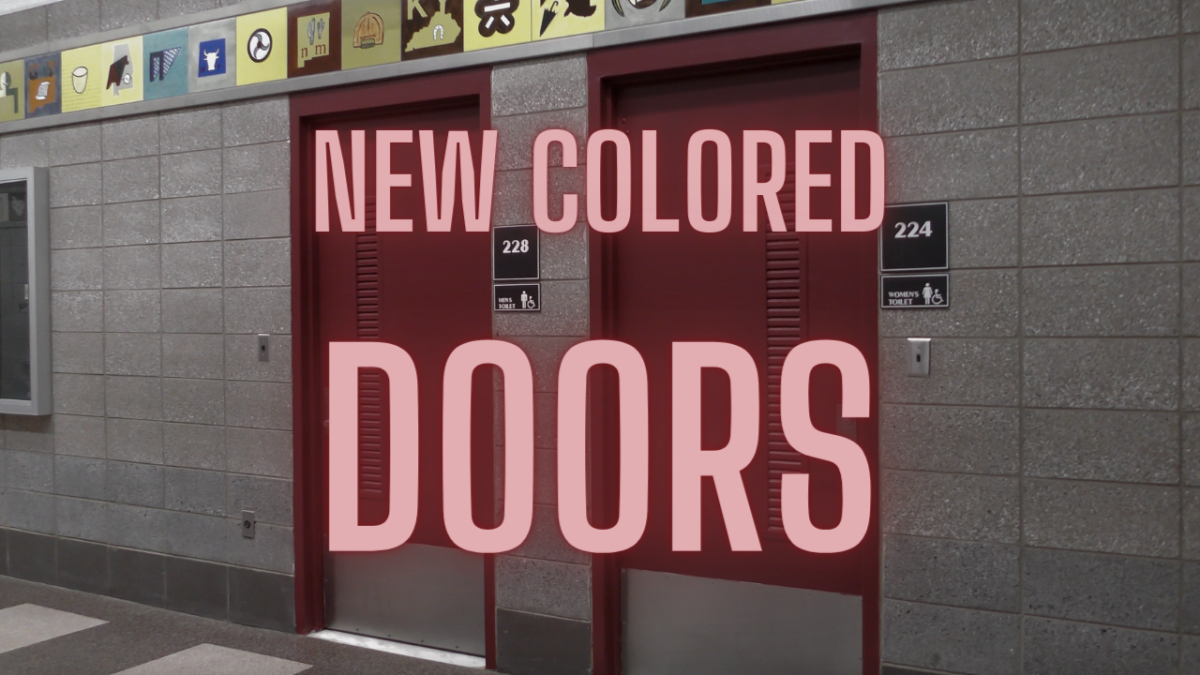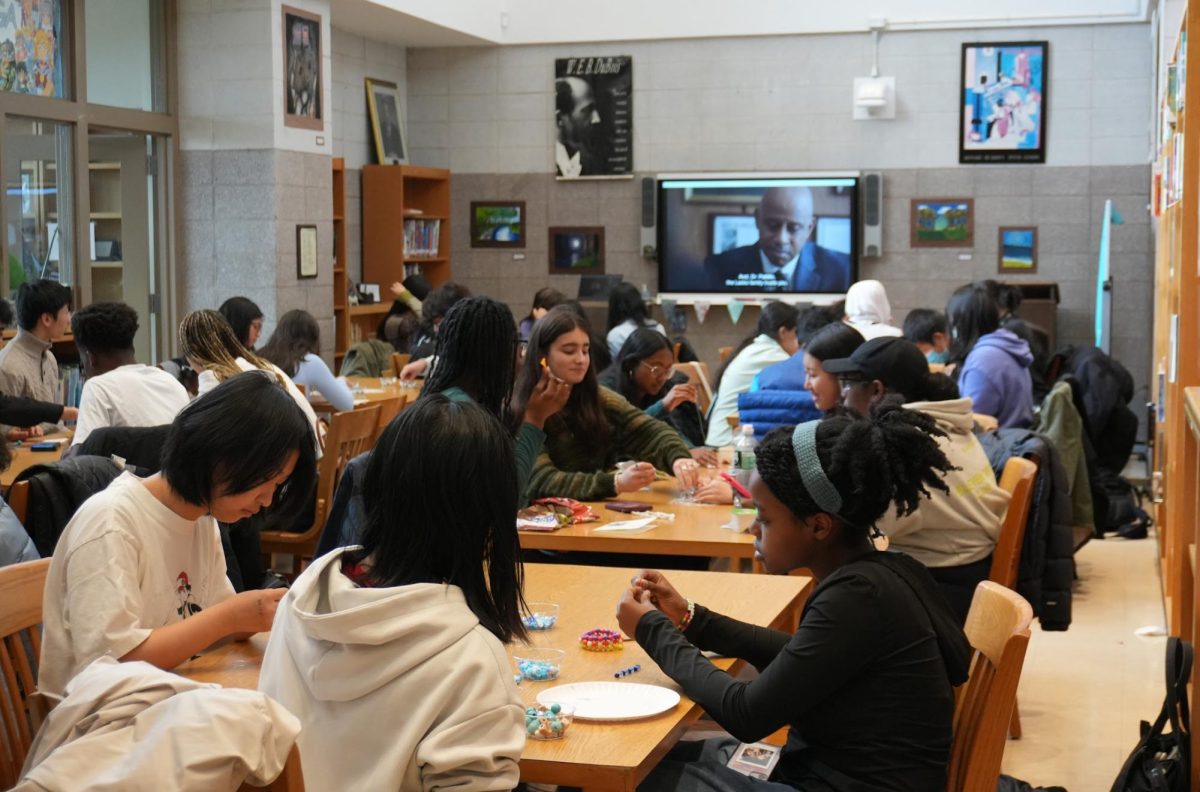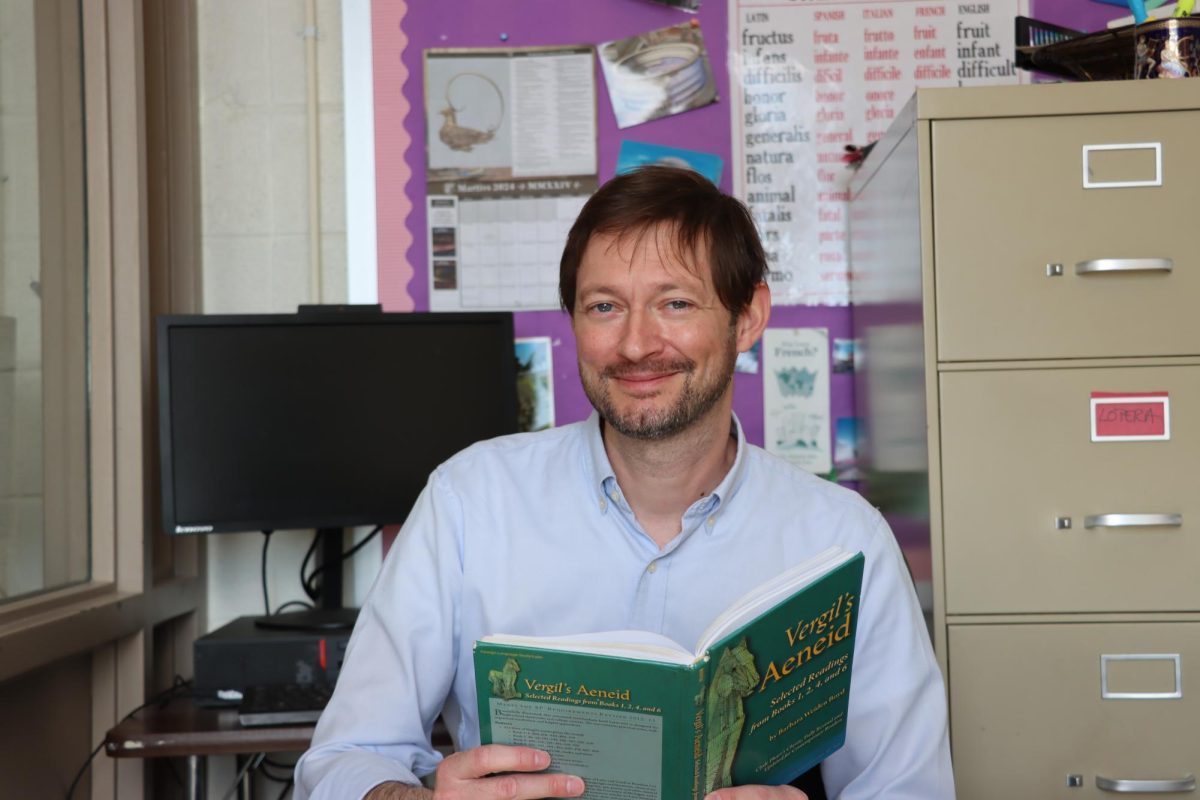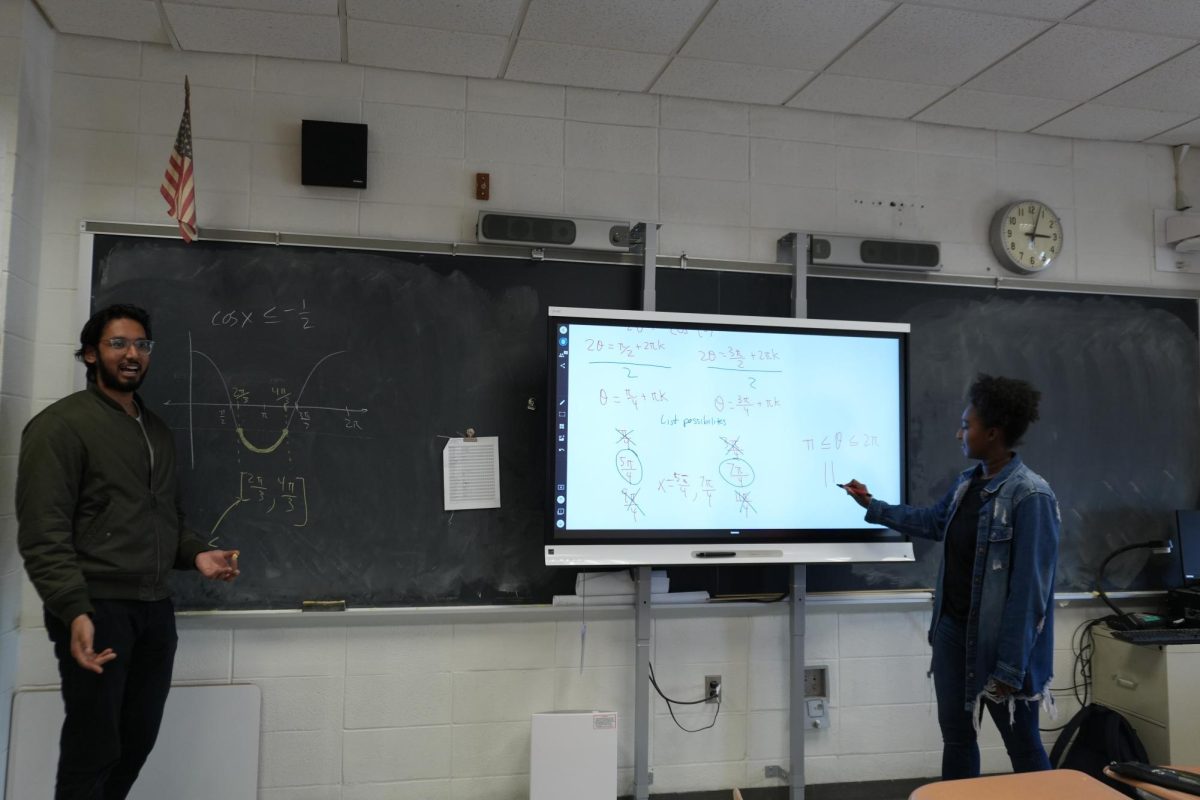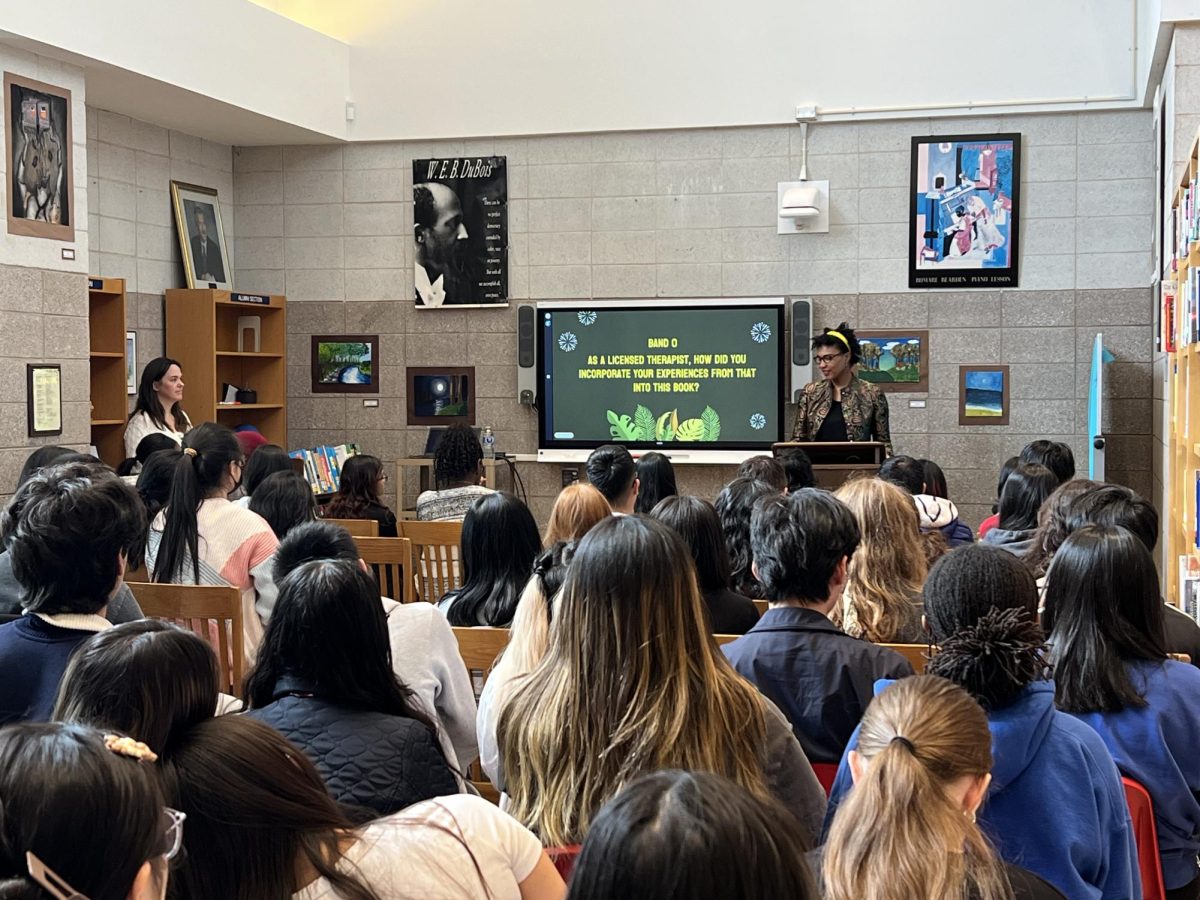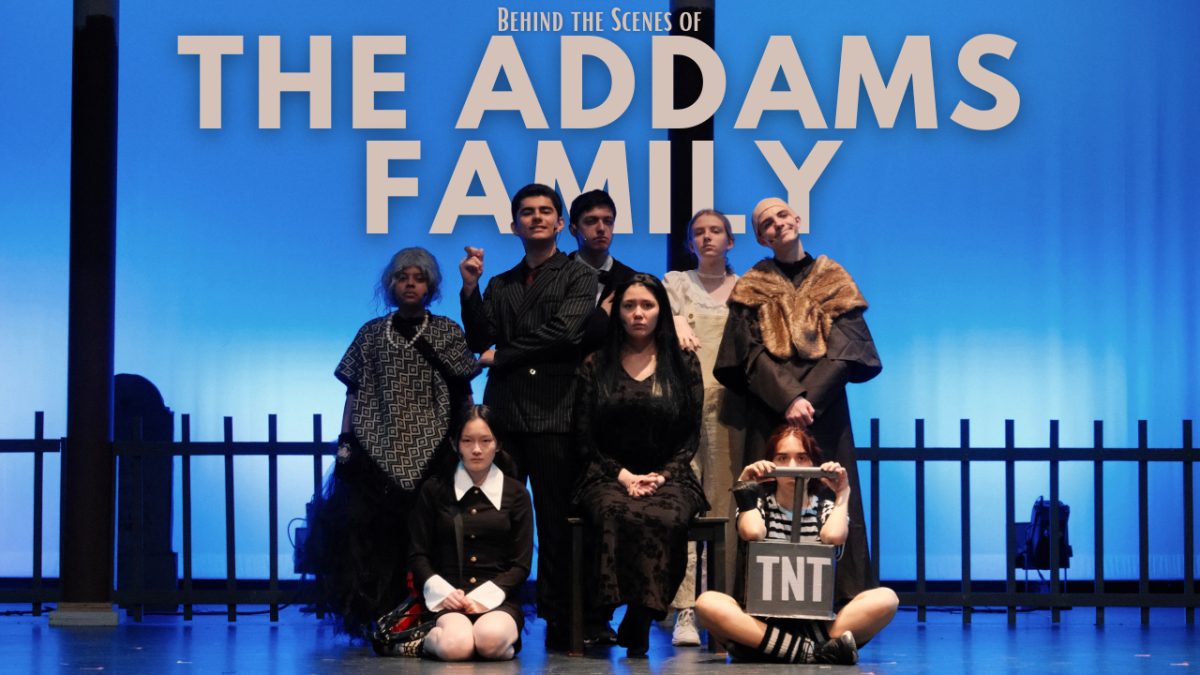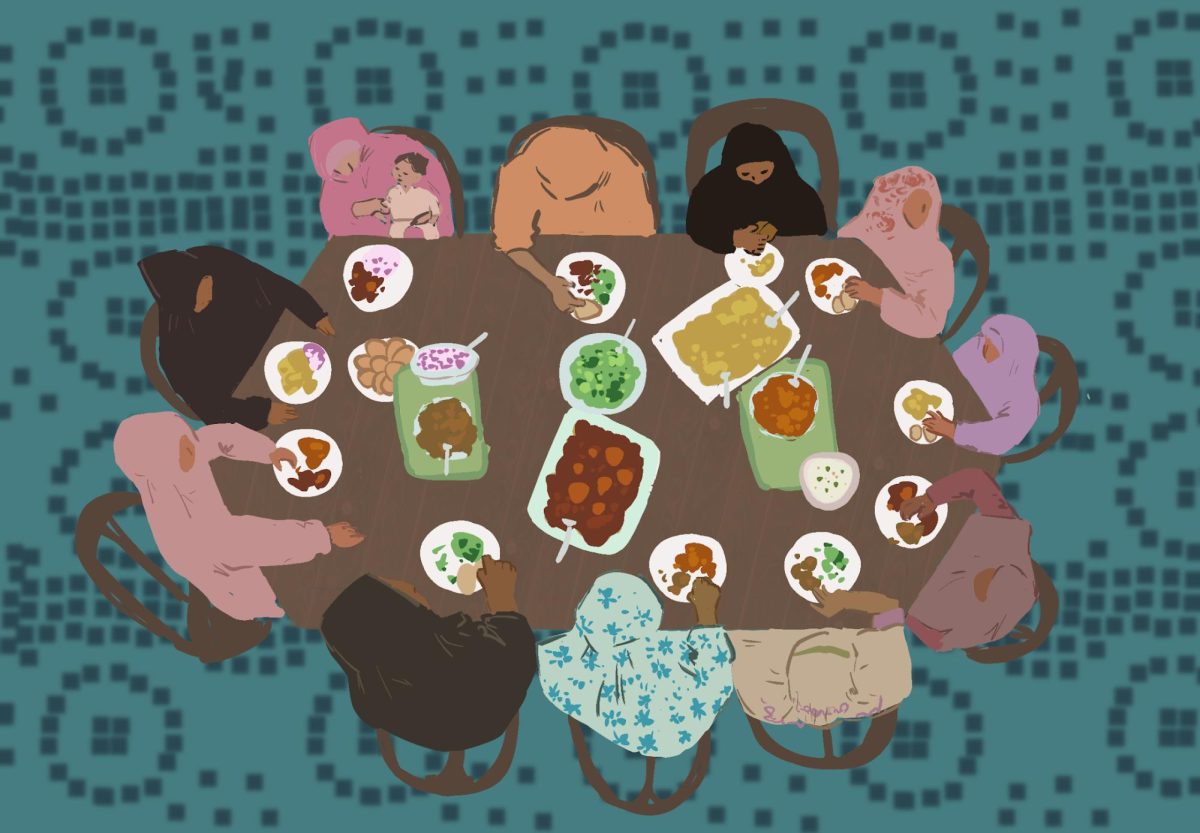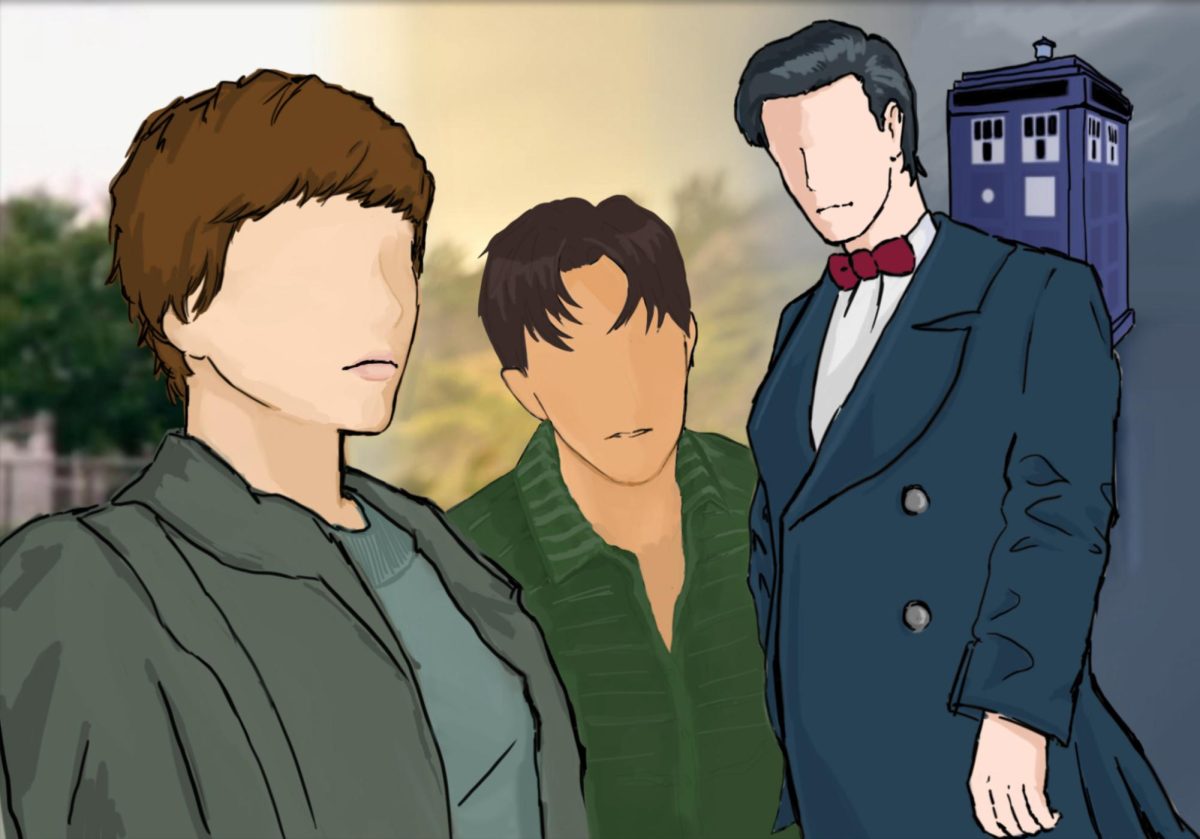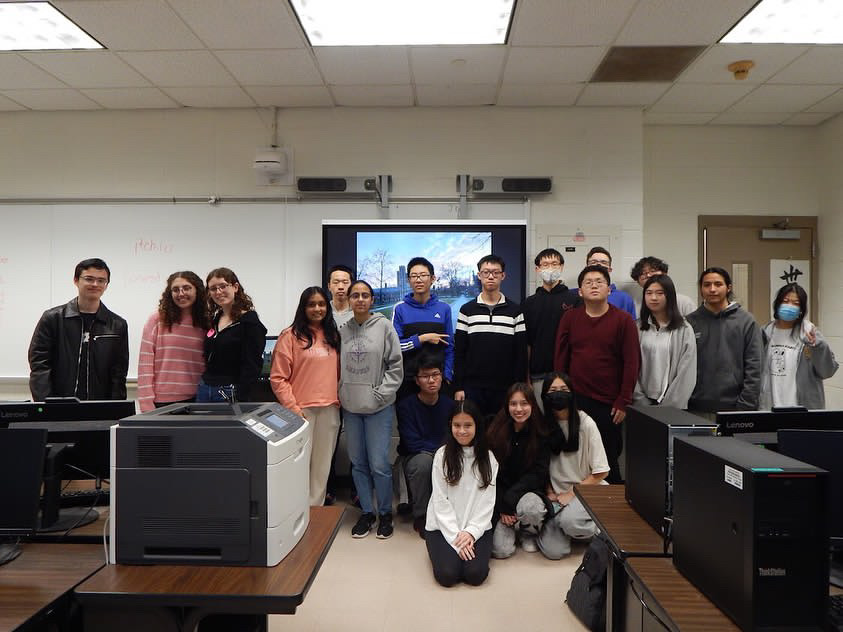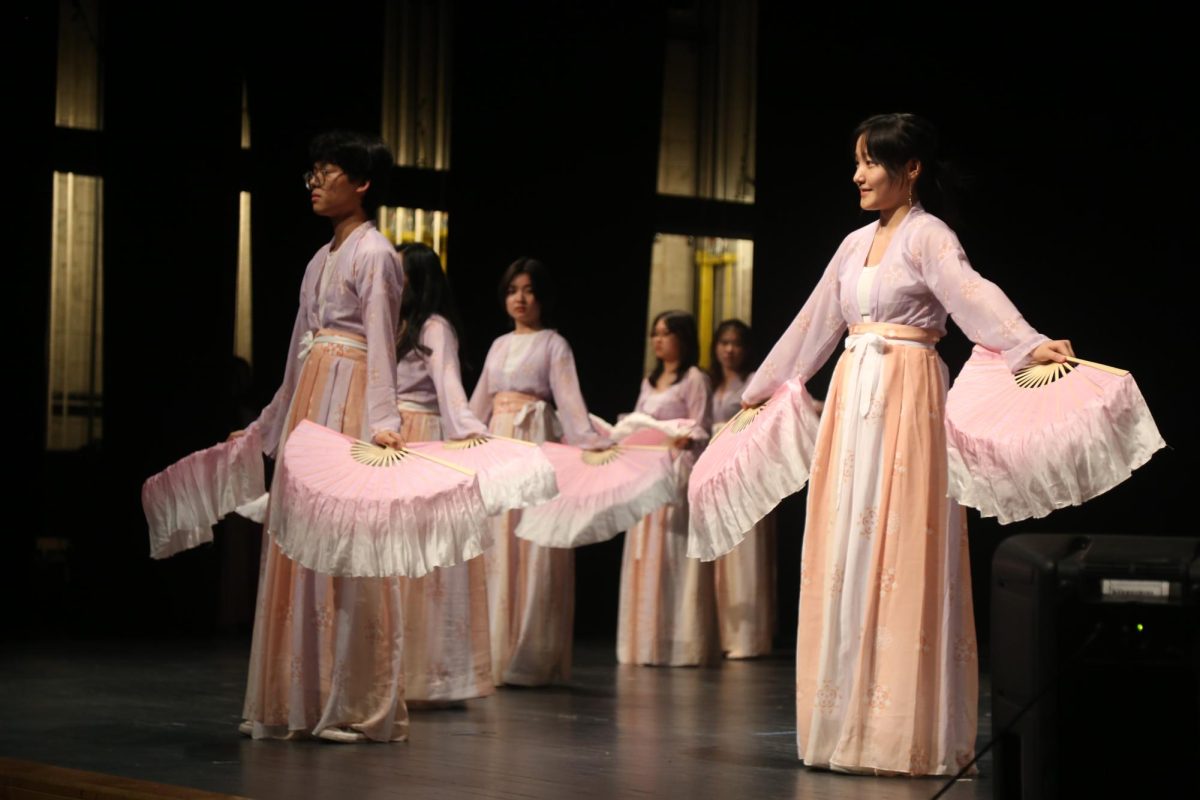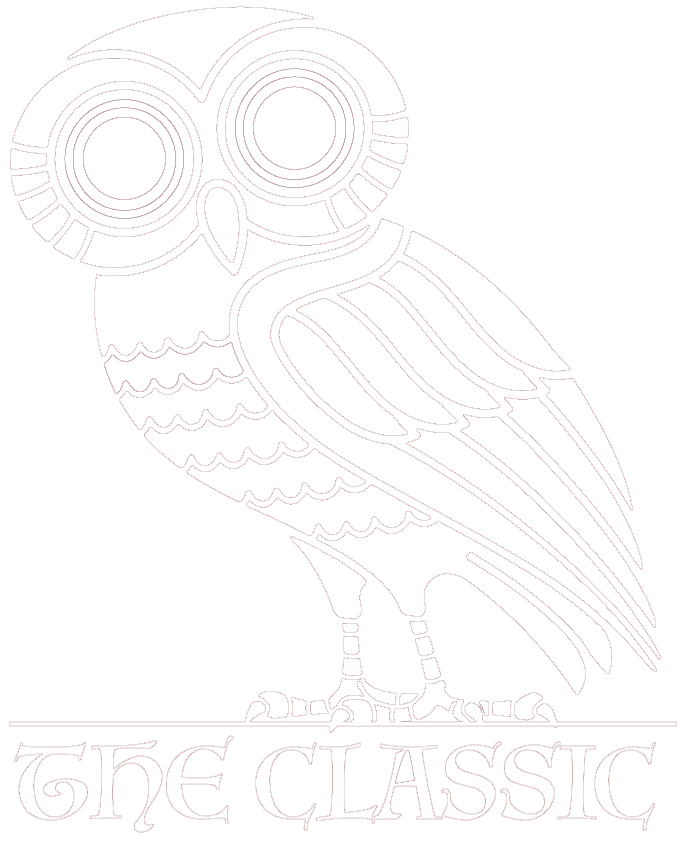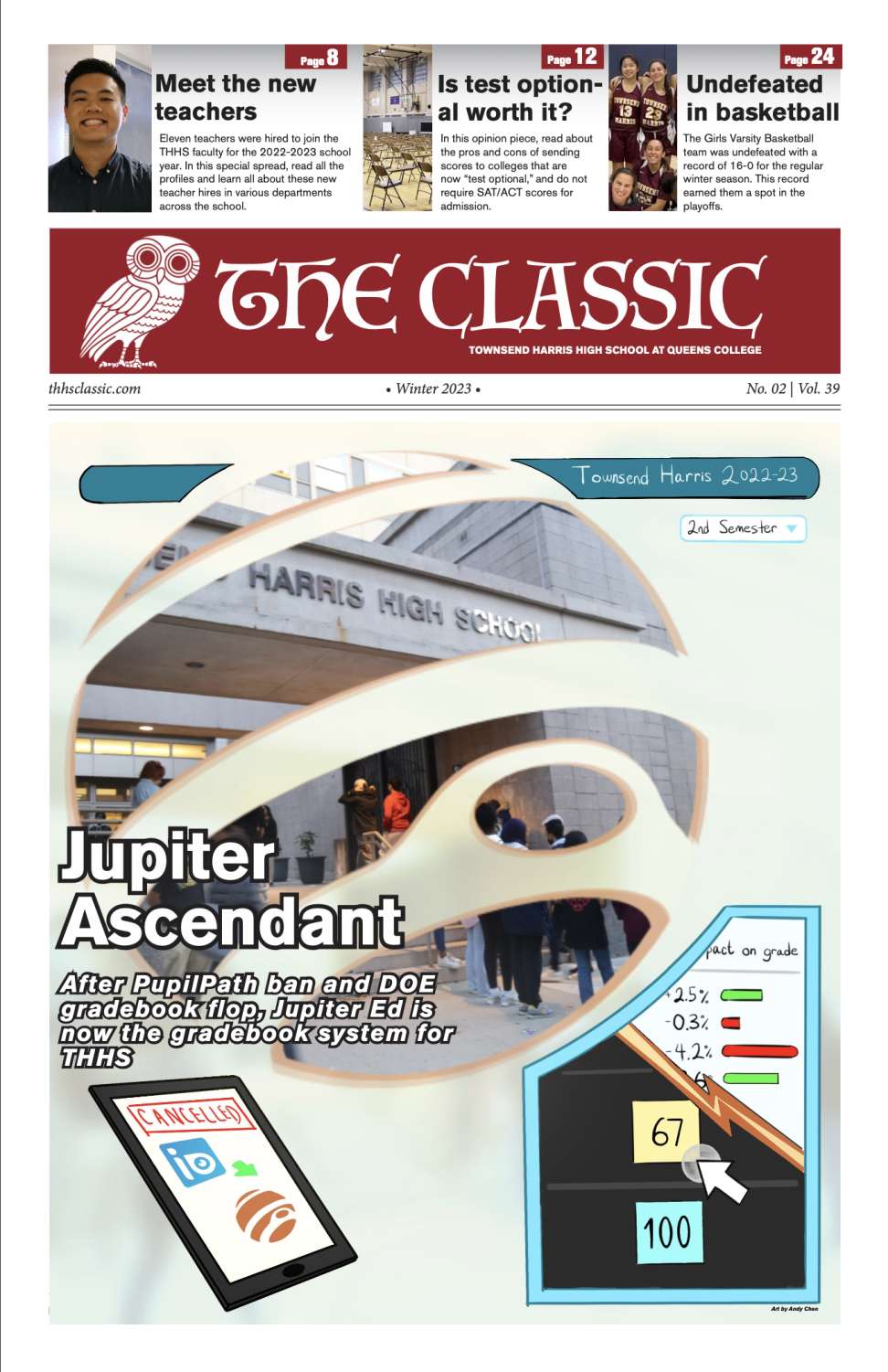
Pixar’s latest film, Inside Out, dares to explore uncharted territory inside the human mind. The film features five main emotions of a young girl in a new city. It stars Amy Poehler as Joy, Bill Hader as Fear, Phyllis Smith as Sadness, Lewis Black as Anger, and Mindy Kaling as Disgust. This is Pixar’s return to box offices everywhere following the release of Monsters University.
The film’s premise was inspired by Director Peter Docter’s observations of his young daughter. “The concept kind of came from watching my kid grow up…my daughter, she was very energetic and rambunctious and jumping around and happy all the time, and then when she turned 11 she got a little more quiet and reclusive,” he said. “And I was telling [Producer Jonas Rivera and e production team] about it and we were like what’s going inside her head, you know?”
In order to properly develop the story and personify emotions, Docter and Rivera worked with the art team for several years to develop the proper character designs.
Director Pete Docter and producer Jonas Rivera discussed the challenges of bringing such an abstract concept to life on screen. Docter found that making Joy, the main emotion in the film, balanced and likeable was the most challenging part of bringing the story to life. “It was like three years in and people were still saying ‘Wow, what a great concept.’ They weren’t saying it’s a movie yet…And then once they were admitting that it was a movie…a lot of people said, ‘I really don’t like Joy as a character,’ which is a problem because she’s our main character,” he recalled. “But I think it kind of makes sense, ’cause I don’t know if you have friends that are just kind of always happy, and you kind of want to strangle them….’cause you just sense insincerity. So we needed to find somewhere for Joy as a character that you believed her, that she was genuine and that she really cared.”
Rivera saw value in the decision to set the story in the mind rather than a more literal and scientifically accurate brain. “It was going to be metaphoric, so it was going to be the mind, which gave us this artistic license to kind of create this geography and production design that felt like the mind of a little girl specifically, so there was this opportunity for whimsy and just a lot of fun, but that’s very easy to say and hard to do. Our art department did an amazing job of exploring and presenting idea after idea until it started to blend with the writing,” he said. “Organically, the movie would lean a little bit towards science fiction in its design, and we pull it back to again kind of be more whimsical and fun.”
Before they could begin to animate the film, however, they needed the actors to record their dialogue. The cast’s strong comedic backgrounds influenced much of the final product on screen. “In our case, we had such amazing ad-libbed and improv actors that a lot of the stuff was maybe just on-the-fly and we’d end up using that. But also just attitude-wise and timing and all these things, they can really make it sing, try a couple different things, and then we craft that and and cut it together and then the animators listen to it over and over and craft the performance to the dialogue,” Docter stated.
The cast itself also helped shape the way the characters were drawn. For example, the creative team was split on how to draw Kaling’s character, Disgust. “Early on we couldn’t really decide is she disgusting or disgusted as a character and that would lend itself to very different [character designs],” Docter said. Kaling’s casting shifted the team to a final character design that was disgusted, “like Ferris Bueller’s little sister,” as Rivera puts it.
Docter hopes the film’s unique premise will resonate with a broad audience. “The one thing I think that will be interesting is that the film has a chance to bring people to a place that everyone is familiar with, but no one’s seen before. And that is the world inside your own mind,” he said. “So we’re using elements and ideas that people totally use in everyday conversation and think of…So we hope that it will really appeal to everybody and so far we’ve had good results with that from little kids all the way to adults feeling really like, ‘Wow, it makes me think differently about the way I am in the world,’ which is pretty cool.”





